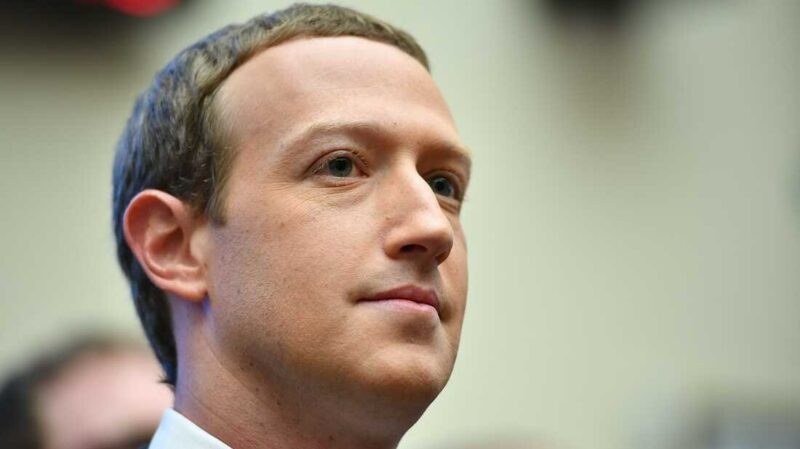Quick take:
- Meta has attempted to create potential rivals to Substack and Clubhouse but recently shut them down.
- The company also recently announced it would be removing Instagram’s Shops tab, which was meant to transform Meta into Amazon’s competitor.
- Zuckerberg has been betting big on the metaverse, which could help take the technology to the next level.
Facebook, now Meta, is undoubtedly a global household name. Not content with being just a social networking site turned tech giant which now owns Instagram and Whatsapp with over 1 billion and 2 billion monthly active users respectively, Meta had been quietly trying and failing to build potential rivals to other successful tech platforms.
According to Wall Street Journal, Meta shut down Bulletin – a Substack-like platform that helped writers launch newsletters – despite having signed six-figure deals with acclaimed journalist and author Malcolm Gladwell and sportscaster Erin Andrews, to use and promote the platform.
To rival Clubhouse, Meta had also attempted to build a podcast service and audio products, which were shuttered last June. Last month, Meta announced that it would be removing Instagram’s ‘Shops’ feature, which allowed brands to have online storefronts. According to The Information, Zuckerberg had lofty ambitions to turn the ‘Shops’ feature and subsequently Meta into something that could compete with Amazon.
Not only has Meta poured millions into its various experiments and attempts to compete with other tech platforms, but the company has also pumped billions into yet another idea that it didn’t conceive—the metaverse.
Second Life, the 2003 virtual world platform, is often described as the first metaverse as it had aspects of social media in a 3D world, with the user represented as an avatar. Over the years, popular virtual gaming platforms such as Decentraland and The Sandbox, which were created in 2015 and 2012 respectively, have also become some of the most well-known companies in the metaverse market.
Mark Zuckerberg famously rebranded his company into Meta last October, cementing him as one of the key figures championing the mass adoption of the metaverse. The company has developed its vision of the metaverse called Horizon Worlds, to be used in conjunction with Oculus Quest, the VR headset developed by Meta.
Zuckerberg’s $70 billion bet on the metaverse has caused his net worth to plummet by a whopping $71 billion this year as he slipped down from the sixth to 20th spot on the list of the world’s richest people, according to Bloomberg Billionaires Index. He revealed in February while announcing the fiscal fourth quarter and full year 2022 results that Facebook struggled to add to its monthly active users. The company also announced a significant decline in its net income.
Despite Meta’s various projects quietly fizzling out, Zuckerberg deserves some credit for taking a huge leap to champion the mass adoption of the metaverse and sparking an ongoing conversation around the subject. However, it’s still too soon to tell if his vision of the metaverse would be a success and how it would perform in comparison to other metaverse platforms on the market.
Zuckerberg is not the only one taking a gamble on the metaverse with lacklustre results. CoinDesk reported that Decentraland had 38 daily active users between Oct 6-7 while The Sandbox had 522 daily active users in the same period of time. These are two of the biggest metaverse companies each valued at over $1 billion.
Sasha Fleyshman, portfolio manager at digital asset investment firm Arca, told CoinDesk that metaverse platforms will be much more valuable to users when they actually operate as intended. “Anyone telling you that there’s a metaverse today that has worked is lying through their teeth,” said Fleyshman.
With so much money invested into Meta’s metaverse, will it prove to be a great success? Only time will tell.
Stay up to date:
- Google News
- Telegram
- TikTok





